A concerning new study reveals astronauts can suffer from the onset of migraine and tension-type headaches during extended periods in space. Conducted over several years, researchers from Leiden University Medical Center in the Netherlands focused on astronauts with no prior history of recurrent headaches and revealed that the unique conditions of space travel could induce these conditions.
“Changes in gravity caused by space flight affect the function of many parts of the body, including the brain,” says study author Dr. W. P. J. van Oosterhout, of Leiden University Medical Center, in a media release. “The vestibular system, which affects balance and posture, has to adapt to the conflict between the signals it is expecting to receive and the actual signals it receives in the absence of normal gravity. This can lead to space motion sickness in the first week, of which headache is the most frequently reported symptom. Our study shows that headaches also occur later in space flight and could be related to an increase in pressure within the skull.”
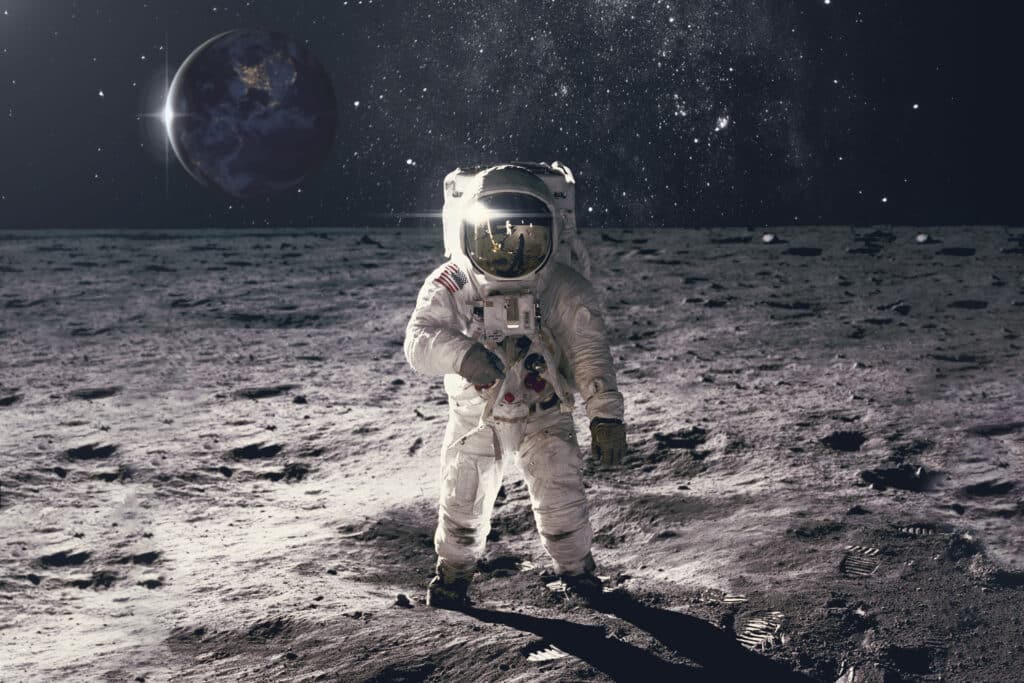
The research involved 24 astronauts from the European Space Agency, NASA, and the Japan Aerospace Exploration Agency, who embarked on missions to the International Space Station for up to 26 weeks between November 2011 and June 2018. Out of these participants, 22 reported experiencing headaches out of a combined 3,596 days in space.
Astronauts were carefully screened before their missions, completing questionnaires about their health and any history of headaches. During their time in space, they continued to document their health, providing valuable data on the frequency and nature of headaches experienced.
The findings were striking: a significant 92 percent of astronauts suffered from headaches while in space, a stark contrast to the 38 percent who reported headaches before their flights. Of the headaches recorded, 90 percent were identified as tension-type, with the remaining 10 percent being migraines.
The study noted that headaches were more intense and likely to be migraine-like during the initial week of space flight. During this period, astronauts documented 51 headaches, with a majority being tension-type but also including migraines or probable migraines.
Upon returning to Earth, none of the astronauts reported headaches in the three months following their missions. This suggests that the conditions unique to space travel may play a critical role in triggering these headache episodes.
“Further research is needed to unravel the underlying causes of space headache and explore how such discoveries may provide insights into headaches occurring on Earth,” explains Dr. Van Oosterhout. “Also, more effective therapies need to be developed to combat space headaches as for many astronauts this a major problem during space flights.”
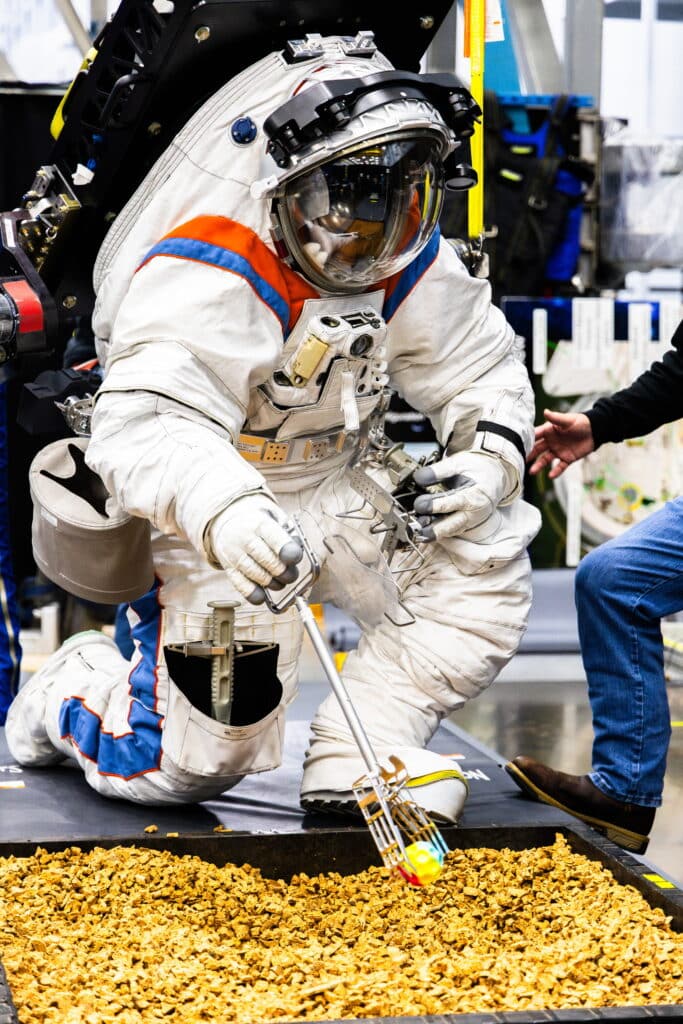
It’s important to note that this study, while revealing, does not definitively prove that space travel causes headaches but rather shows a strong association between the two. Additionally, the reliance on self-reported symptoms means there’s a possibility of recall bias, which is a limitation of the study.
This research opens the door to more in-depth investigations into how the unique environment of space impacts human health, potentially offering insights into headache disorders on Earth as well. As space missions become longer and more frequent, understanding and mitigating health issues like headaches will be crucial for ensuring the safety and success of astronauts on their journeys.
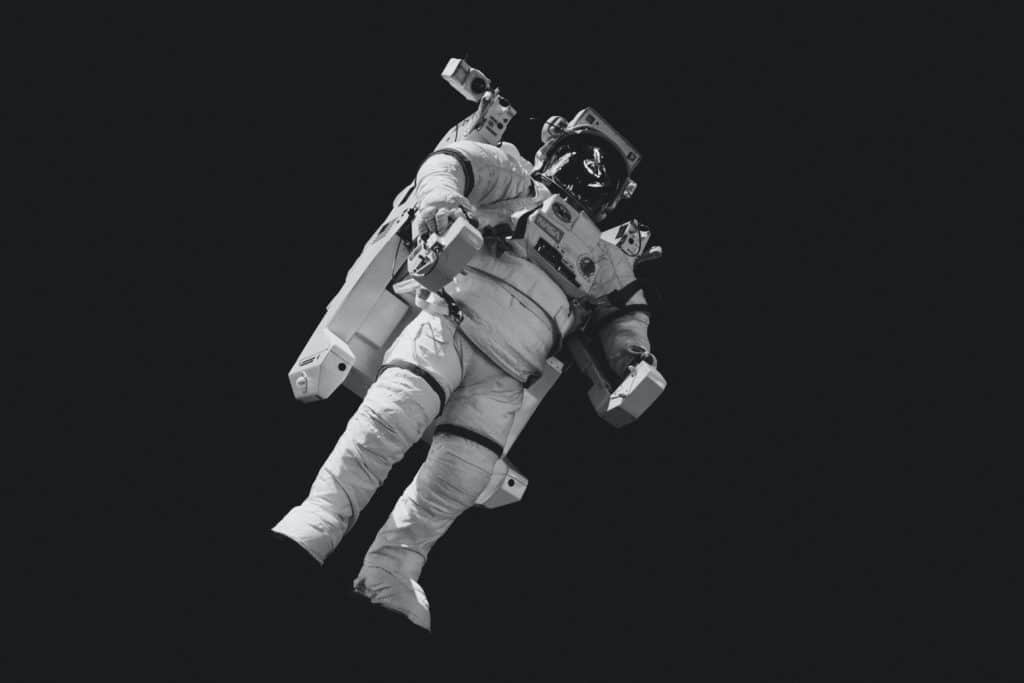
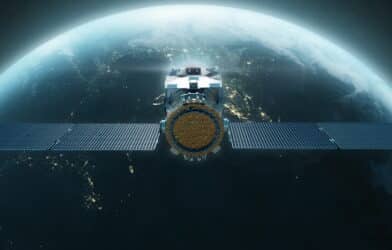
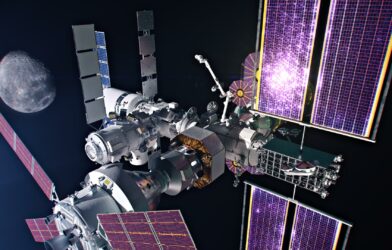
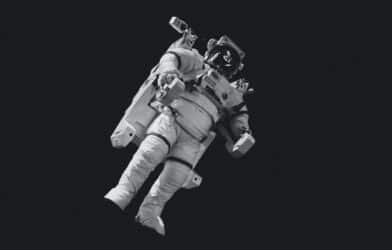

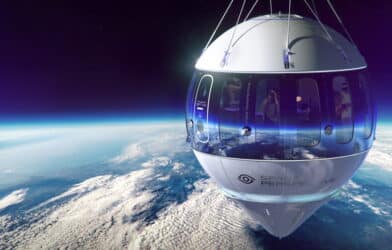
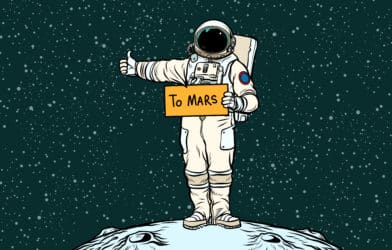
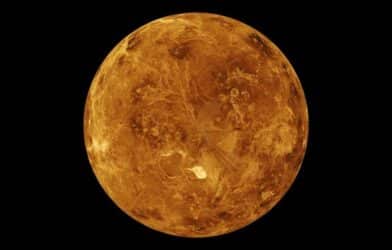
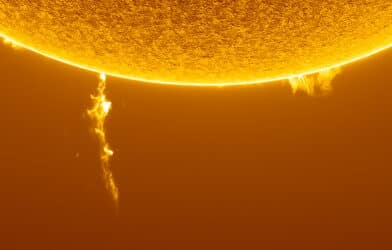
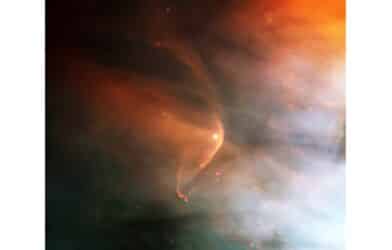
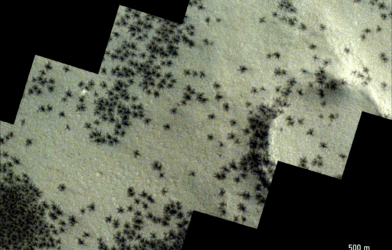


Comments